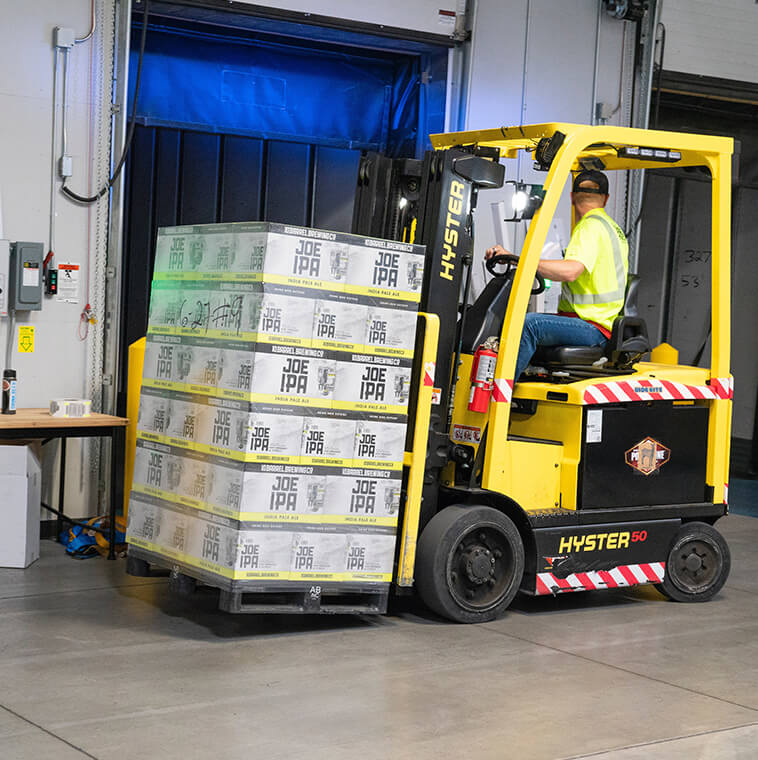What Does A Logistics Broker Do?
n the intricate realm of transportation logistics, the logistics broker plays a vital role in ensuring seamless operations for trucks, rather than trains. But what exactly are their duties? Keep reading to uncover the answer.
Logistics Brokers Connect Shippers and Carriers
Brokers serve as a middleman bridging shippers and carriers. Leveraging their network with carriers, they assist shippers in securing load coverage at more favorable prices than most shippers can negotiate independently. Moreover, brokers aid carriers and independent drivers in maintaining a robust schedule by matching them with loads that align with their availability, thus reducing empty or deadhead miles ideally.
Tasks Freight Brokers Handle
- Carrier sourcing and vetting for specific loads
- Negotiating shipping rates and contractual terms
- Load dispatching and assignment
- Continuous communication with carriers and drivers throughout the transportation process
- Ensuring compliance with relevant regulations
- Real-time tracking of load progress
- Management of necessary transportation documentation
- Generation of invoices
How Do Freight Brokers Make Money?
There are a few distinct approaches to elucidate how freight brokers generate revenue:
- They receive a commission for every load they broker, overseeing the entire process from sale to delivery.
- Their profits stem from negotiating load prices with carriers below what shippers are prepared to pay, ideally covering costs and yielding a profit.
How Does One Become a Freight Broker?
Freight brokers can function as independent entities, franchisees, or employees of larger freight brokerage firms. While independent brokers may retain a larger portion of their earnings, they also shoulder greater legal obligations and liabilities, akin to many independent businesses.
Brokers are required to be licensed by the FMCSA, which involves obtaining MC authority, being insured, appointing processing agents (individuals authorized to receive legal documents in each state where the brokerage operates), and acquiring a bond or trust.

